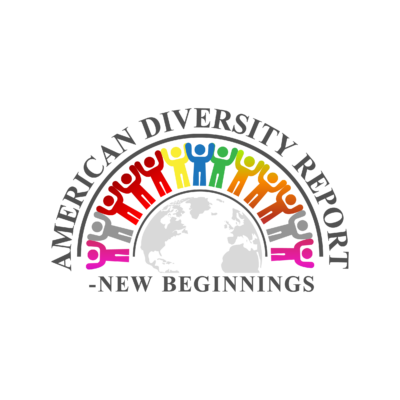The Gatherings Program: is designed for communities that realize there is a need to take action and address the systemic problems that are dividing our country, and hurting our children. Gatherings are group outings of students that participate in fun and interesting activities, outside the daily routine of the classroom, supervised by community members, designed to create understanding and acceptance between students from diverse backgrounds. There is a bonding that takes place when children share a learning experience. The activities are planned and organized by an active membership of like-minded people who understand the importance of reducing the prejudice and intolerance we see too often in our neighborhoods. Just being together brings connection, which fosters understanding and acceptance, which leads to true equality.
Pathways: Consists of two in-class programs: The Biography Catalog and Stories That Inspire. They are short presentations about the paths people have taken to significantly contribute to making the world a better place, organized in a database that is easily accessible by the teacher and student. Students that share the same heritage and culture of that person identify with them, and feel a sense of pride while the other students will feel a newfound respect for that student. We call that Pride and Respect by Association. This is much the same way we feel a sense of Pride when our local sports team wins a crucial game, and the opponent gains Respect for our team, and it’s fans.
Just being together brings connections, which fosters understanding and acceptance, which leads to friendship.
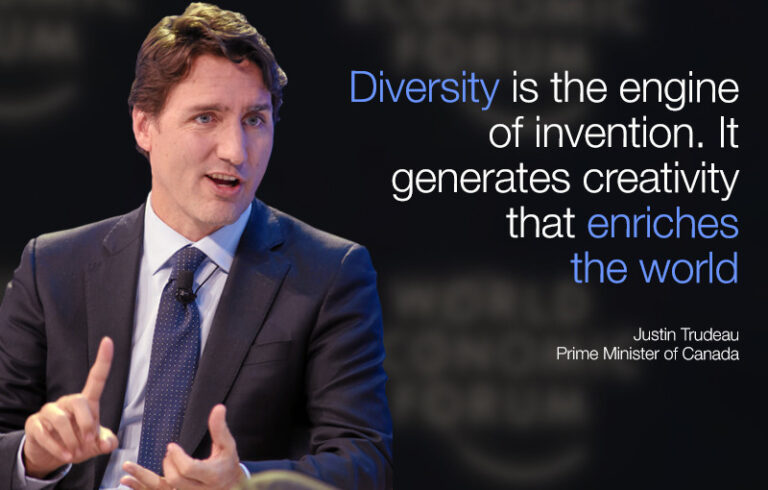
What Causes Intolerance and Hate?
Many scientists and sociologists believe prejudice and intolerance are based upon human instinct, it’s in our DNA; while others think experience and learned behavior is the reason. We believe both contribute to these hate-based emotions; we will discuss the science behind these two beliefs and explain why our programs can help fight against bigotry and intolerance.
Classification Before Calculus; why retraining our racist tendencies if so difficult.
Before humans developed Calculus they had to survive from ancient times. We discussed Fear of the Unknown and quick reaction to stimuli in our DNA, allowed the continuation of our species. Another factor of equal importance is our ability to classify information into well organized systems. Today, we understand our environment by analyzing, sorting, and classifying everything we see and hear, people included. It is automatic, instinctual, and hardwired in our DNA. We stereotype people with just a glance, a few spoken words and we guesstimate every aspect of who they are, how they will behave and what they believe; sorting them into our pre-existing buckets of ”people classifications”. Early humans had to determine friend or foe, size up the competition for food, shelter, and a mate. The Quick and The Dead: the faster you make these classifications the more likely you would survive. Having established, pre-classifications made the process faster and assured you of a better outcome. Once this process proceeds and classes are established it is most difficult, if not impossible, to remove even the most illogical or horrific grouping.
Regardless which theory you believe is correct, we need to accept that to some extent we are all racists because of our self-protective instinct. It may be disturbing, but we need to start the conversation where everyone is equal, or we’ll just spend time defending ourselves. We need to look to the education of our children if we are to bring about systemic change. Our organization offers guidance examining these behaviors as well as solutions that can be implemented utilizing the existing school system, grades 1 through 12, while adding little to the workload of teachers and administrators. Our solutions include community-based programs to be managed and cultivated by the people who know their own needs the best.
The Prime Directive: Listen Loudly, Speak Softly. Each school is a reflection of the community it serves, and therefore each student population has its own unique culture. Some will have a large percentage of one race, religion, or culture, while others a mixture. We need to listen first and speak second. Teachers and Principals know what makes their community special and what problems they may have. Always ask, “What can we do for you?” Then, discuss our programs and what the benefits are. Our Programs are open-ended – meaning they will be updated as we learn from experience. We learn something important with each opportunity– but first, we must listen.
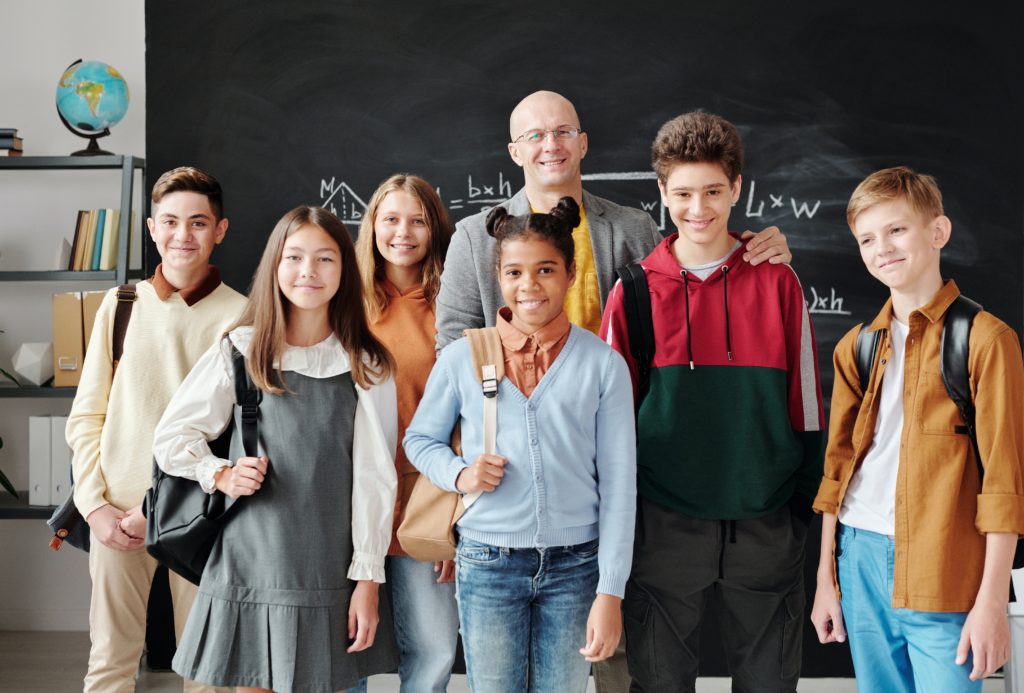
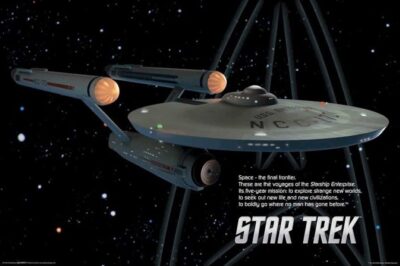
Stories That Inspire
In “Stories That Inspire” we find accounts of remarkable people who contributed to their community, or the world, in significant ways, but never had a chance to tell their tale.
If you know of someone that would make a great addition to Stories, please let us know by using the Suggestions for Stories application form?
Is Kindergarten too Young to Start?
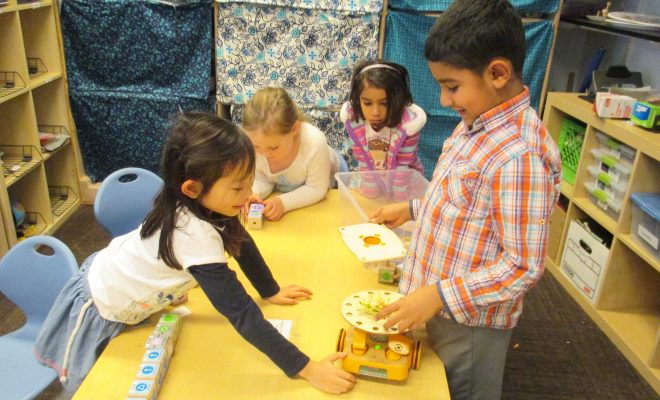
Kindergarten is a great place to start:
There Are 6 Types of Childhood Play—How Many Does Your Kid Engage In?
editor@purewow.com (PureWow) May 14, 2019 https://www.yahoo.com/lifestyle/6-types-childhood-play-many-131300091.html
From the article: “When kids are finally ready to play together (typically around the time they start school at age four or five), they’ve reached the final stage of Parten’s theory. This is when team sports or group performances become a lot more fun (for kids playing and for parents watching). Now they’re ready to apply the skills they’ve learned (like socializing, communicating, problem solving and interacting) to other parts of their life and become fully functioning mini adults.”
The Biography Catalog
The Biography Catalog is an important part of our Pathways program and is designed to take as little as 10 hours a year of the teaches time. It is a compendium of people who have contributed to their community or the world at large in significant and meaningful ways. It is categorized by several areas such as race, religion and ethnicity, so the teacher can easily select an individual to present to the class. Students who share the heritage, will feel proud because they have this in common – and other students will look at this student with a new perspective. We call this Respect by Association.
If you know of someone that would make a great addition to the catalog, let us know using the Biography Catalog application form:
Parents, teachers and community members working together to bring about Diversity and Inclusion to their neighborhood is what drives the success of our programs.

Discussion Groups
DG’s are one of the most important tools that Program Managers and Team Leaders have. A well run group will generate new ideas and thoughts about improving the programs, uncover problems with certain activities and most importantly, it will in crease the engagement of everyone involved. People want a chance to be heard and this is the best way to show how important each member is. We devote an section for DG’s because of it’s importance.
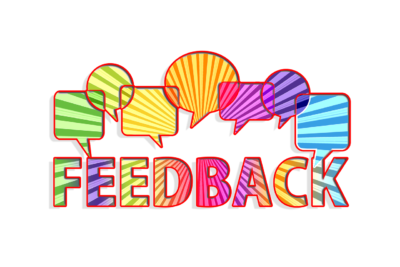
The Next Step
We invite you to learn more about our programs. If you would like to join, please Contact Us.
